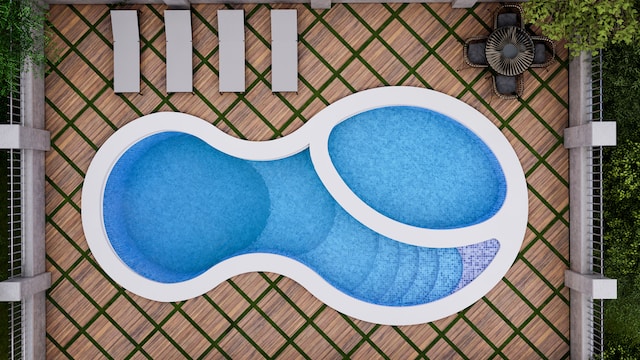
Dive Into the Benefits of Fiberglass Pools – A Comprehensive Guide
When you purchase a fiberglass pool, the options are unlimited. However, because they’re created in a mold offsite, they’re limited to specific shapes (they can only go 16′ long).
Consult with your builder and review your backyard’s dig specs and layout to select the perfect pool size and shape for your needs. Then the fun begins!
Low Maintenance Costs
Fiberglass pools St. Louis County, MO require a smaller investment to maintain, and they’re also less expensive to replace than other pool types. They’re also easier to clean, and the gel coat surface prevents algae growth.
A fiberglass pool can be used year-round to get in some much-needed R&R anytime. This is especially helpful if you live in an area that experiences harsh weather conditions.
Compared to concrete, fiberglass pools can be installed more quickly. However, they have some downsides. One common gripe is that the slick surface of a fiberglass pool can cause injuries. This is because it’s less textured than other pools. It may also be difficult to grip stairs or other areas necessary for safety.
Long Lifespan
Fiberglass pools are extremely durable and resistant to the elements. With proper care, these structures can last for years without major repairs.
However, this longevity depends on your fiberglass pool manufacturer. Some companies use chemicals not tailored to fiberglass, which can erode the gel coating and diminish your pool’s lifespan.
Additionally, because fiberglass pools are prefabricated, they don’t allow for as much customization as concrete pools. For example, you won’t be able to add extras like a tanning ledge or baja shelf to your pool. These restrictions are because your pool must fit on the truck that delivers it to your property. This also means that your pool will be limited in shape to what can fit inside the mold.
Durability
Durability is one of the most important factors for homeowners when choosing an inground pool. Fiberglass pools are more resistant to chemical damage, UV rays, and harsh weather than other pools.
The smooth gel coat surface of fiberglass pools is non-porous and inhibits algae growth, which reduces the need for sanitizing chemicals. The fiberglass structure also resists cracking due to ground shifting and contraction, which may affect concrete and vinyl liner pools.
This durability translates to lower maintenance costs. Unlike gunite and concrete pools, fiberglass pools do not require acid washing or wrinkle removal and are resistant to staining. They also do not require resurfacing as frequently as other pools. This allows you to focus more time on enjoying your backyard swimming oasis.
Versatility
Fiberglass pools are flexible compared to concrete pools and are nearly immune to cracking. Any cracks that occur are typically minor surface ones on the gel coat, which a professional can easily repair.
These pools are also resistant to algae growth and have a very smooth, comfortable, and safe (with non-skid application) swimming surface that helps them stand out from other pool types. They are also skin-friendly and offer a beautiful appearance to your backyard.
However, fiberglass pools are limited in design because they are prefabricated. A custom-shaped pool would require a new mold, which is cost-prohibitive for manufacturers and consumers. This does limit the options for unique designs like a built-in spa or tanning ledge. However, this still allows homeowners to enjoy their private resort backyard without breaking the bank.
Customization
Fiberglass pools may be known for limited customization, but a wide variety of options are available to suit your unique lifestyle. For example, Thursday Pools offers a model with a sunken seating area that acts as a lounge or spa within the pool.
Fiberglass’s gel coat surface is soft to the touch and resists algae growth, requiring less scrubbing than other types of pool surfaces. And it’s energy efficient thanks to its insulated design.
Because they are pre-molded, fiberglass pools can only be manufactured to certain shapes and sizes, depending on the molds. This means you won’t be able to select a custom-made shape or incorporate add-ons like a tanning ledge or baja shelf the way you can with a vinyl or concrete pool.




